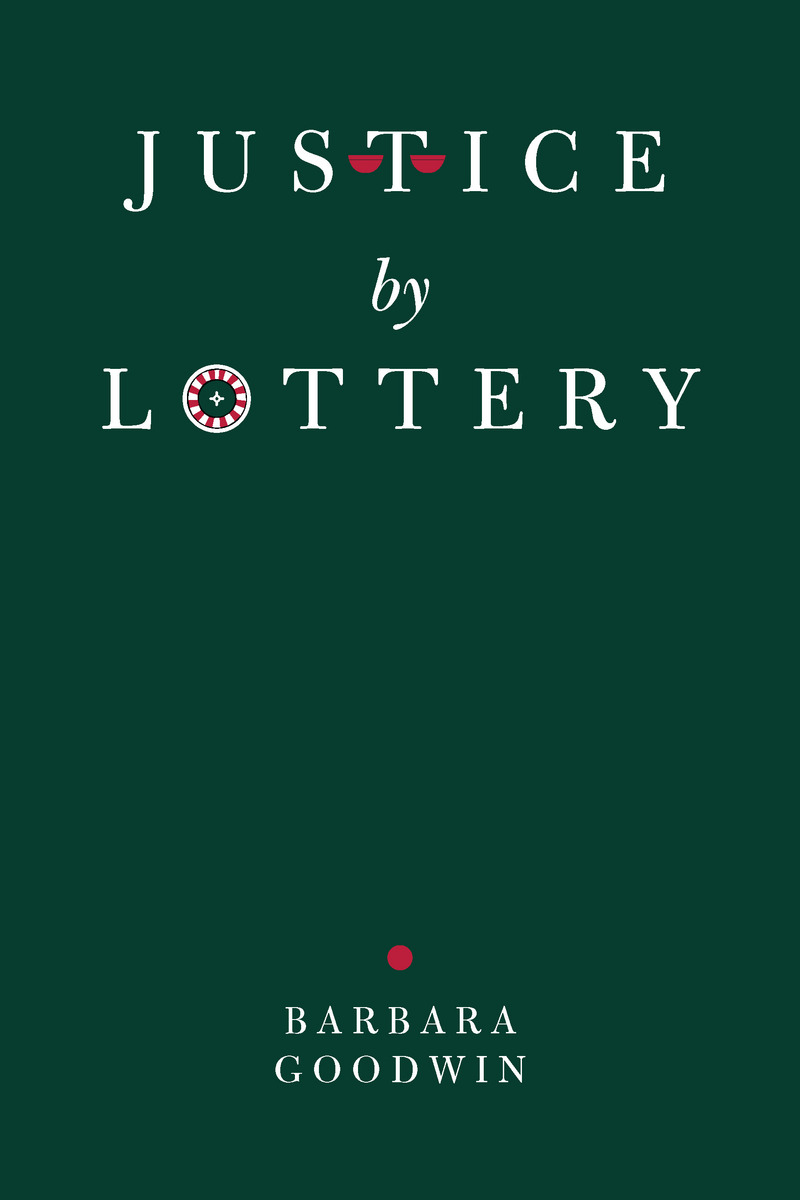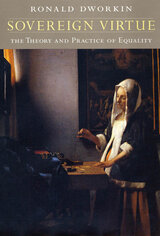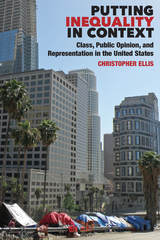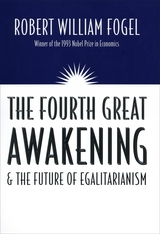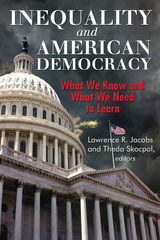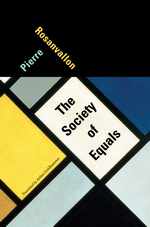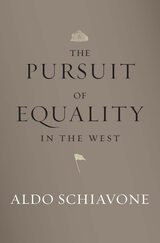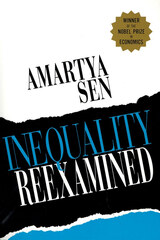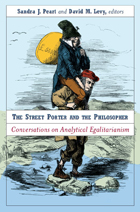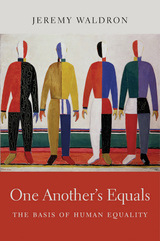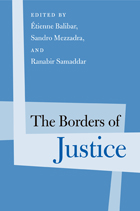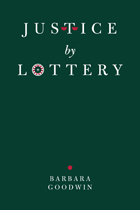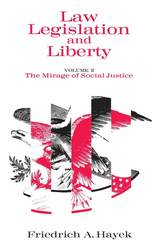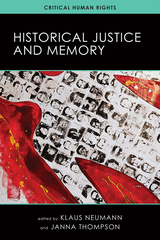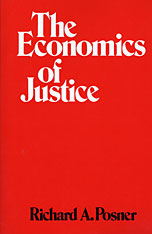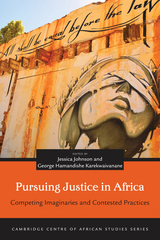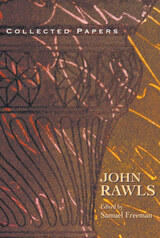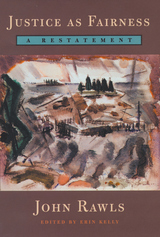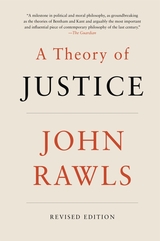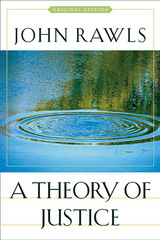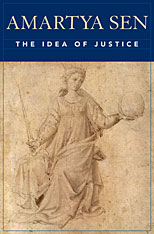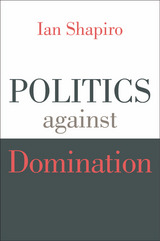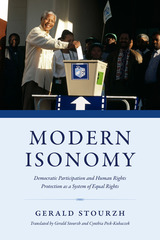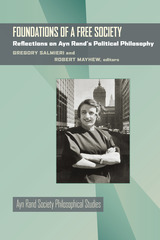Justice by Lottery
University of Chicago Press, 1992
Cloth: 978-0-226-30394-9 | Paper: 978-0-226-30395-6
Library of Congress Classification JC578.G65 1992
Dewey Decimal Classification 320.011
Cloth: 978-0-226-30394-9 | Paper: 978-0-226-30395-6
Library of Congress Classification JC578.G65 1992
Dewey Decimal Classification 320.011
ABOUT THIS BOOK | AUTHOR BIOGRAPHY | TOC | REQUEST ACCESSIBLE FILE
ABOUT THIS BOOK
In this imaginative and provocative book, Barbara Goodwin explores the question of how lottery systems can achieve egalitarian social justice in societies with seemingly ineradicable inequalities.
She begins with the utopian fable of Aleatoria, a country not unlike our own in the not-too-distant-future, where most goods are distributed by lottery—even the right to have children. She then analyzes the philosophical arguments for and against lottery distribution and a comparison of "justice by lottery" with other contemporary theories of justice.
Goodwin also applies her theory to practical problems in the real world which could be—or have been—justly resolved by the use of lotteries, such as military drafts, jury duty, and immigration eligibility. She demonstrates that in many areas, including that of political power, a regular and random reallocation of goods would be a fairer and more democratic method than the distributive systems found in liberal democracies today.
She begins with the utopian fable of Aleatoria, a country not unlike our own in the not-too-distant-future, where most goods are distributed by lottery—even the right to have children. She then analyzes the philosophical arguments for and against lottery distribution and a comparison of "justice by lottery" with other contemporary theories of justice.
Goodwin also applies her theory to practical problems in the real world which could be—or have been—justly resolved by the use of lotteries, such as military drafts, jury duty, and immigration eligibility. She demonstrates that in many areas, including that of political power, a regular and random reallocation of goods would be a fairer and more democratic method than the distributive systems found in liberal democracies today.
See other books on: Equality | Lotteries | Philosophy | Political | Social justice
See other titles from University of Chicago Press
